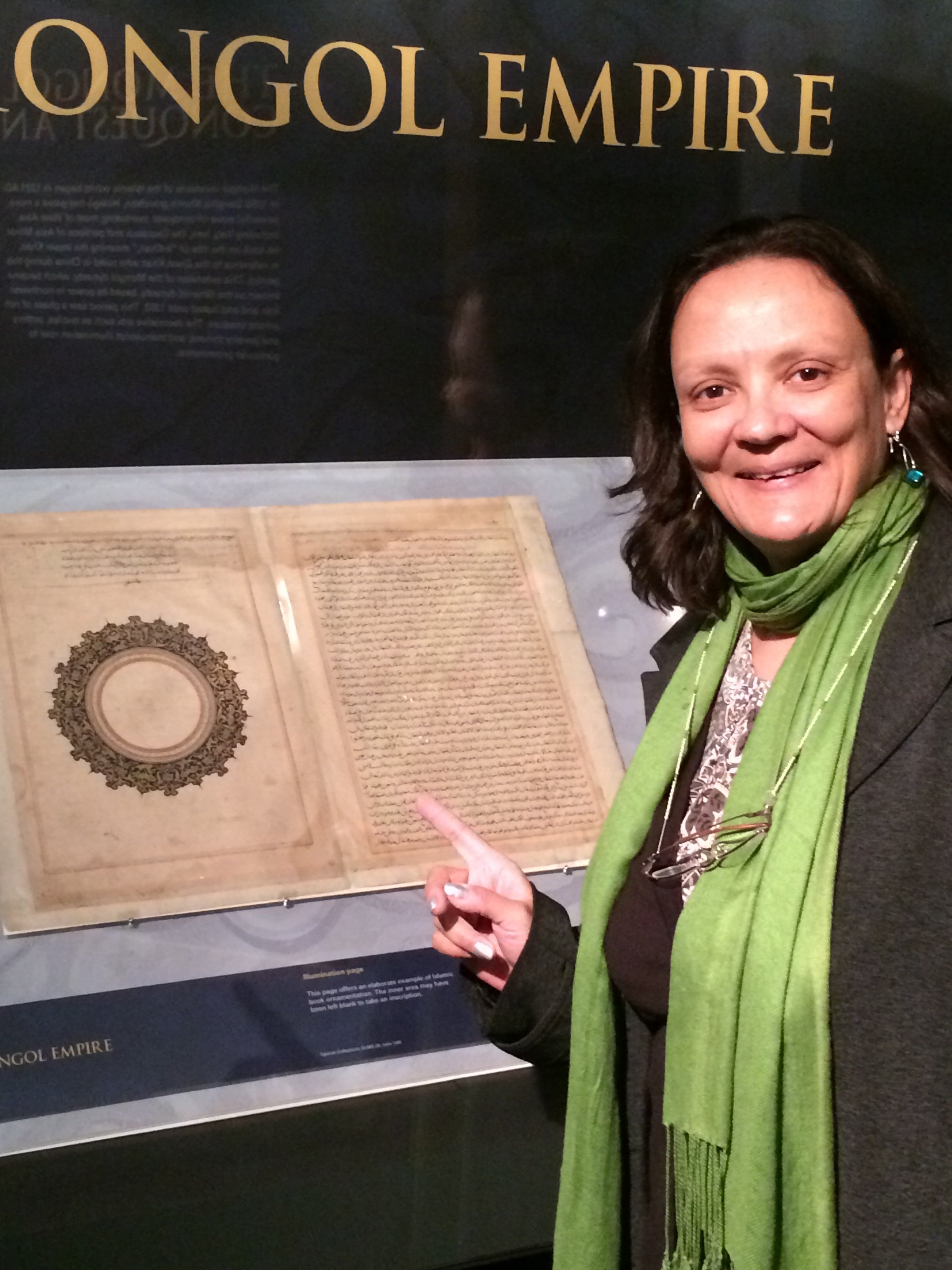We are proud to announce an article written by Dr. Lisa McClain. The full article is available for review in the History Department publication section.
Elizabeth Cary and Intersections of Catholicism and Gender in Early Modern England

Elizabeth Cary, Lady Falkland did the unthinkable in seventeenth century Protestant England. She defied her husband and clandestinely converted to Catholicism. As often happens with juicy secrets, word quickly spread, including to her husband andher king. The scandal surrounding this highly publicized conversion and Cary’s public abandonment by her Protestant husband, Henry Cary, have allowed historians to analyze Elizabeth Cary’s life primarily in terms of religion, as one among the many lives of Catholic heroines living under religious persecution. Alternatively, literary critics focus on a different aspect of Cary’s experience. To help support herself, Cary wrote: letters, plays, and histories. Scholars celebrate these writings for their challenge to traditional gendered stereotypes about women and their re-evaluation of women’s roles within marriage. This essay embarks in a new direction to investigate how both faith and gender worked together to inspire Cary’s choices and writings, unintentionally providing an alternative model of Catholic womanhood that sought to negotiate a new balance between religion and gender. Cary’s experience offers insights into the struggles of other English Catholic women who faced irreconcilable conflicts between the fulfillment of gendered social roles and defense of religious beliefs.